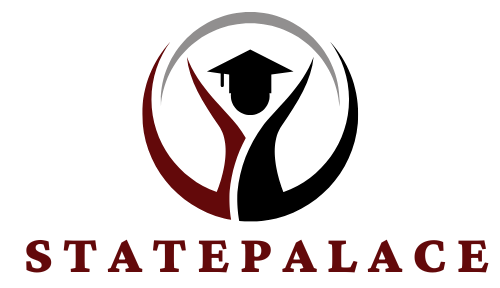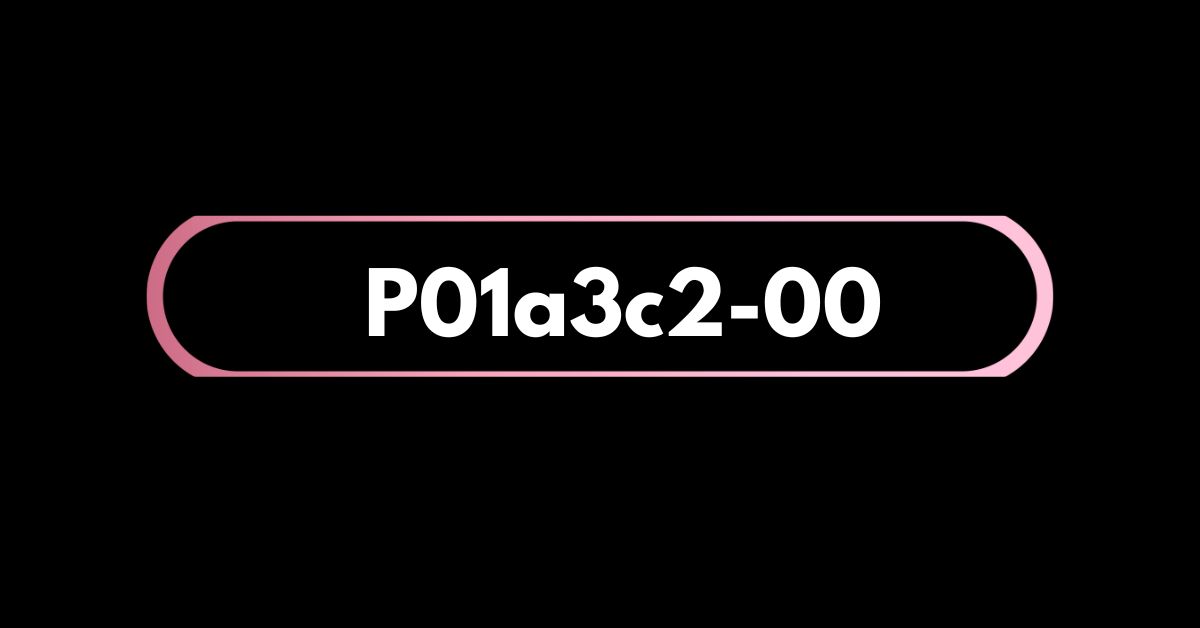Contents
Artificial Intelligence (AI) has revolutionized countless industries, and the creative world is no exception. From composing music to designing graphics, AI is changing the way artists and creators bring their ideas to life. One area where this transformation is especially noticeable is video production.
AI-powered tools are reshaping how videos are edited, making the process faster, easier, and more intuitive. Tasks that used to take hours—like cutting scenes, color grading, or adding effects—can now be done in minutes with the help of smart algorithms. These tools don’t just speed up the work; they also make professional-quality video production accessible to people without extensive training.
For instance, AI can analyze footage to suggest the best cuts, automatically sync audio and video, or even enhance low-quality clips with minimal input from the user. This means that anyone, from seasoned filmmakers to beginners experimenting for the first time, can create high-quality content more easily than ever before.
But the benefits go beyond just efficiency. AI is also opening up new creative possibilities. Imagine tools that can generate unique visuals, tailor content to specific audiences, or even personalize video experiences in real time. With AI, the boundaries of what’s possible in video production are continually expanding, giving creators more freedom to focus on their vision while leaving the heavy lifting to technology.
As these tools continue to evolve, the line between human creativity and machine assistance becomes increasingly blurred. Instead of replacing creativity, AI is becoming a collaborator, helping people bring their ideas to life in ways that weren’t imaginable just a few years ago.
Enhancing Creativity with AI
AI-driven tools aren’t just about automating the mundane; they’re about empowering creators to push their boundaries. Imagine having a virtual assistant that not only handles repetitive tasks but also enhances your artistic vision. For instance, AI can sift through hours of footage to identify the best clips, suggest transitions that fit the mood of the project, or even recommend music tracks that perfectly complement the visuals. This means creators can spend less time stuck in the technical details and more time exploring their creative ideas.
One of the most exciting aspects of AI in video production is its ability to learn and adapt to individual users. Over time, the technology picks up on your editing habits, stylistic preferences, and creative choices. It’s like having a collaborator who understands your unique approach to storytelling. Whether it’s suggesting a cinematic color palette or fine-tuning sound levels to match your past projects, AI can tailor its assistance to suit your personal style.
This personalized approach doesn’t just make the process faster; it makes it feel more organic. Creators no longer have to start from scratch every time they open an editing tool. Instead, they’re greeted with a workspace that feels familiar, intuitive, and ready to bring their ideas to life. AI essentially acts as a partner in the creative process, helping to bridge the gap between technical expertise and artistic expression.
Ultimately, the integration of AI in video production is changing the game. It’s not about replacing the human touch—it’s about amplifying it. With AI handling the heavy lifting, creators have more freedom to experiment, innovate, and tell their stories in ways that resonate deeply with their audiences. As this technology continues to evolve, it’s clear that the future of video production will be a blend of human imagination and machine intelligence working in harmony.
Democratizing Video Production
The democratization of video production is another significant benefit of AI. Traditionally, high-quality video editing required expensive software and extensive training. However, AI-powered tools have lowered the barrier to entry, making professional-grade editing accessible to amateurs and hobbyists. This inclusivity has led to a surge in content creation, with more people able to share their stories and ideas with the world.
Moreover, AI can handle complex tasks such as object tracking, background removal, and even basic animation, which were previously the domain of skilled professionals. This democratization not only empowers individual creators but also fosters a more diverse and vibrant creative community.
Future Prospects
The future of AI in creative industries looks promising. As AI continues to evolve, we can expect even more sophisticated tools that can handle more complex tasks. For example, AI could soon be capable of generating entire scenes or even full-length films based on simple prompts. This would revolutionize the way stories are told and produced.
Additionally, AI could play a crucial role in personalizing content for different audiences. By analyzing viewer data, AI could suggest edits that would make a video more appealing to specific demographics. This level of personalization could transform the way content is consumed and shared.
Conclusion
In conclusion, AI is transforming the creative industries, particularly in video production. The integration of AI into video editing tools has made the process more efficient, accessible, and personalized. As AI continues to advance, we can expect even more innovative solutions that will further democratize and enhance the creative process. The future of AI in creative industries is bright, and it promises to unlock new levels of creativity and storytelling.











